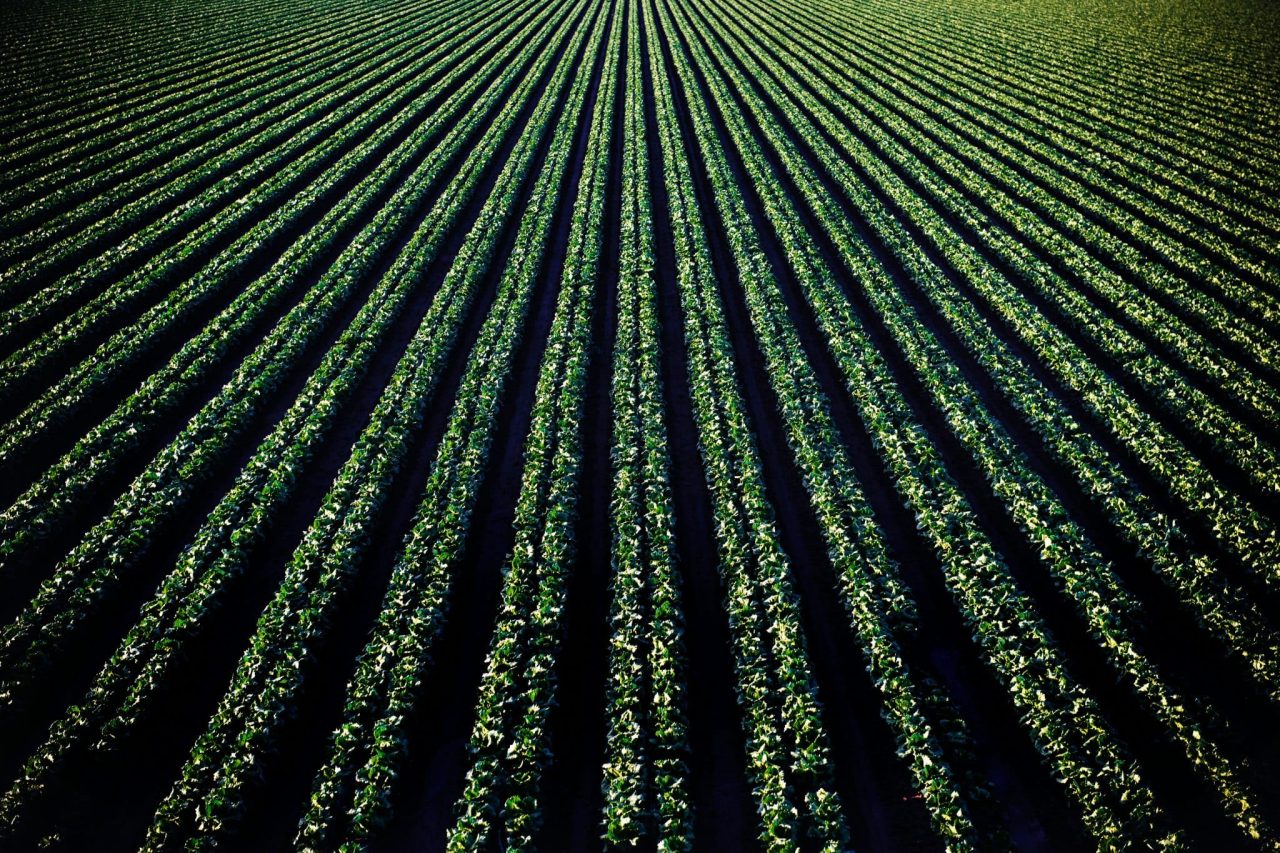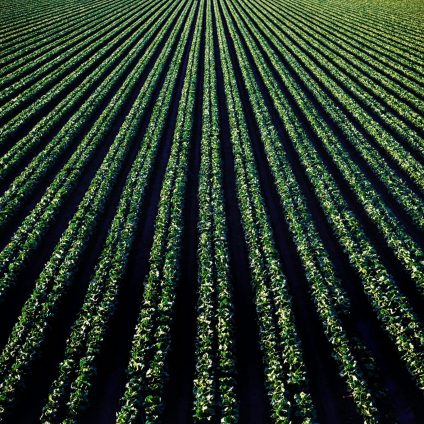New U.S. research finds that adaptation strategies will not be enough to shield food systems from the effects of climate change, especially in productive regions.

Adapting food systems to climate change
Will strategies to adapt to climate change reduce global food system losses?
While climate change clearly threatens agricultural production worldwide, there is far less certainty about the effectiveness of adaptation strategies in limiting those losses.
A recent U.S. study titled Impacts of climate change on global agriculture accounting for adaptation, published in Nature, focuses on how agricultural systems are adapting to global warming.
It is well known that climate change disrupts weather patterns, with serious consequences for food systems.
Even in the United States, where data is highly detailed, the scientific community remains divided. Some analyses suggest widespread adaptation will limit climate-related damage, while others conclude adaptation will be insufficient and food systems will experience significant losses.
The impact on global agricultural productivity
Scenario studies generally agree that adaptation could play a major role in supporting agricultural productivity. However, there is no comprehensive analysis of how effectively farmers are actually adapting to a changing climate.
This U.S.-led study examines six staple crops, wheat, corn, rice, soybeans, barley, and cassava, across 12,658 regions in 54 countries.
Researchers analyzed the yields of these crops, which together account for about two-thirds of global calorie intake. To assess the effect of farmer-led adaptations, they studied climate, economic, and technological variables.
Surprising outcomes for food systems
One surprising outcome of the study is that, contrary to typical expectations, the most significant losses will not fall on the world’s poorest regions, even though they will face many. Instead, the steepest declines are projected in high-yield agricultural zones with favorable climates, such as southern Europe, where adaptation efforts are more limited.
The study suggests that monoculture farming makes adaptation more difficult, magnifying the effects of climate disruption.
To ensure future food security under changing climate conditions, innovation, expansion of arable land, and improved adaptive capacity will be key.
Adaptation strategies alone are not enough
According to projections, climate change will reduce global agricultural productivity by 8% by 2050, regardless of how much emissions are reduced. This is because carbon dioxide remains in the atmosphere for centuries, continuing to inflict damage.
By 2100, global crop yields are expected to fall by 11% if emissions decrease, and by 24% if they remain high.
Hard times lie ahead, the study warns. Lower output will drive prices higher.
But there’s another critical point: even with adaptation strategies, two-thirds of global agricultural output will be lost.
Except for rice, other major staples like wheat, corn, and cassava are projected to suffer double-digit declines. The study estimates that adaptation combined with income growth may offset global losses by 23% in 2050 and 34% in 2100.












